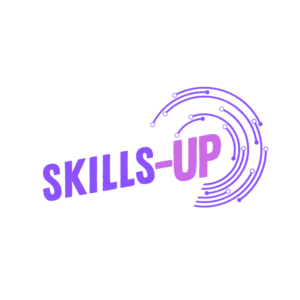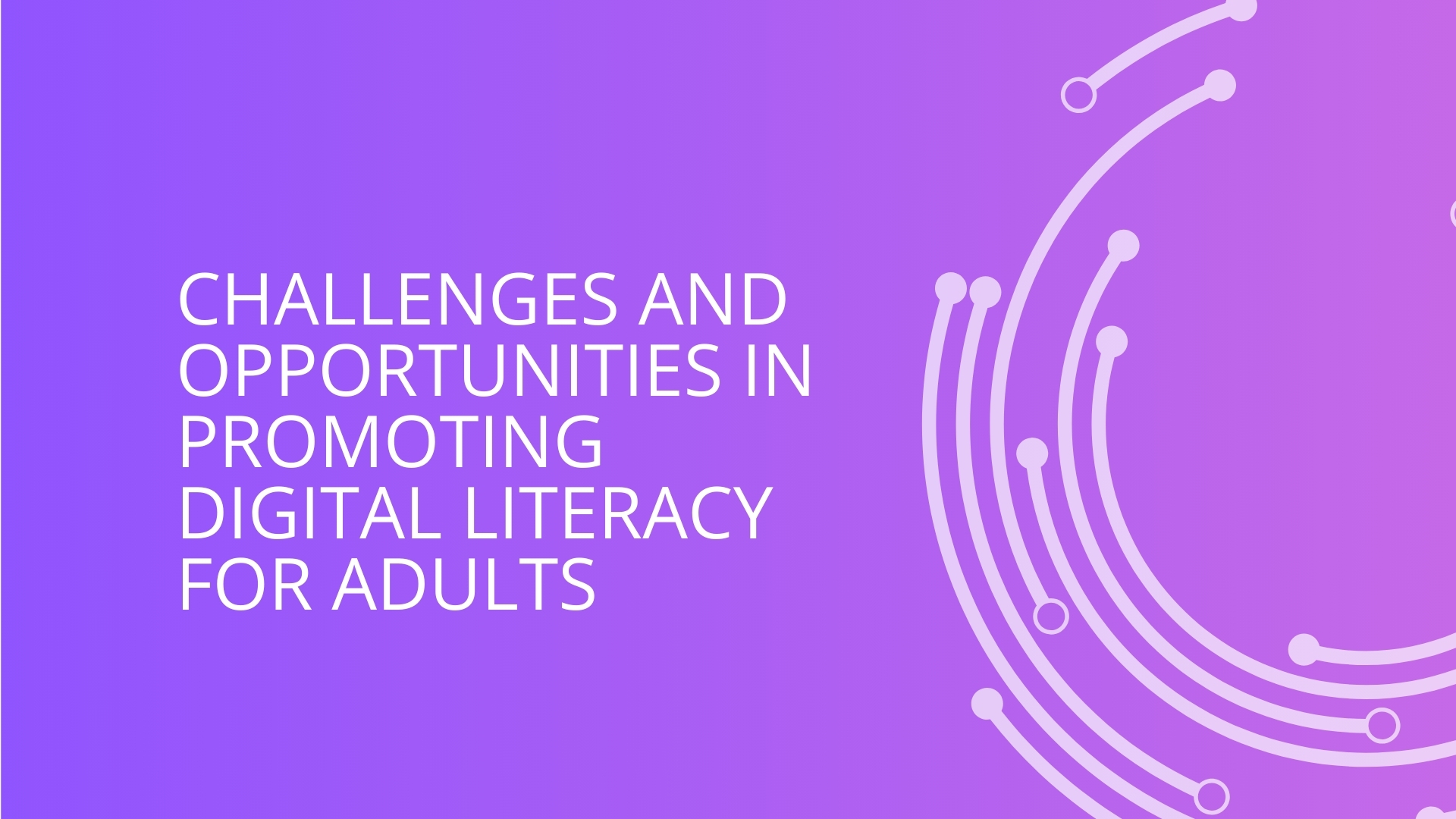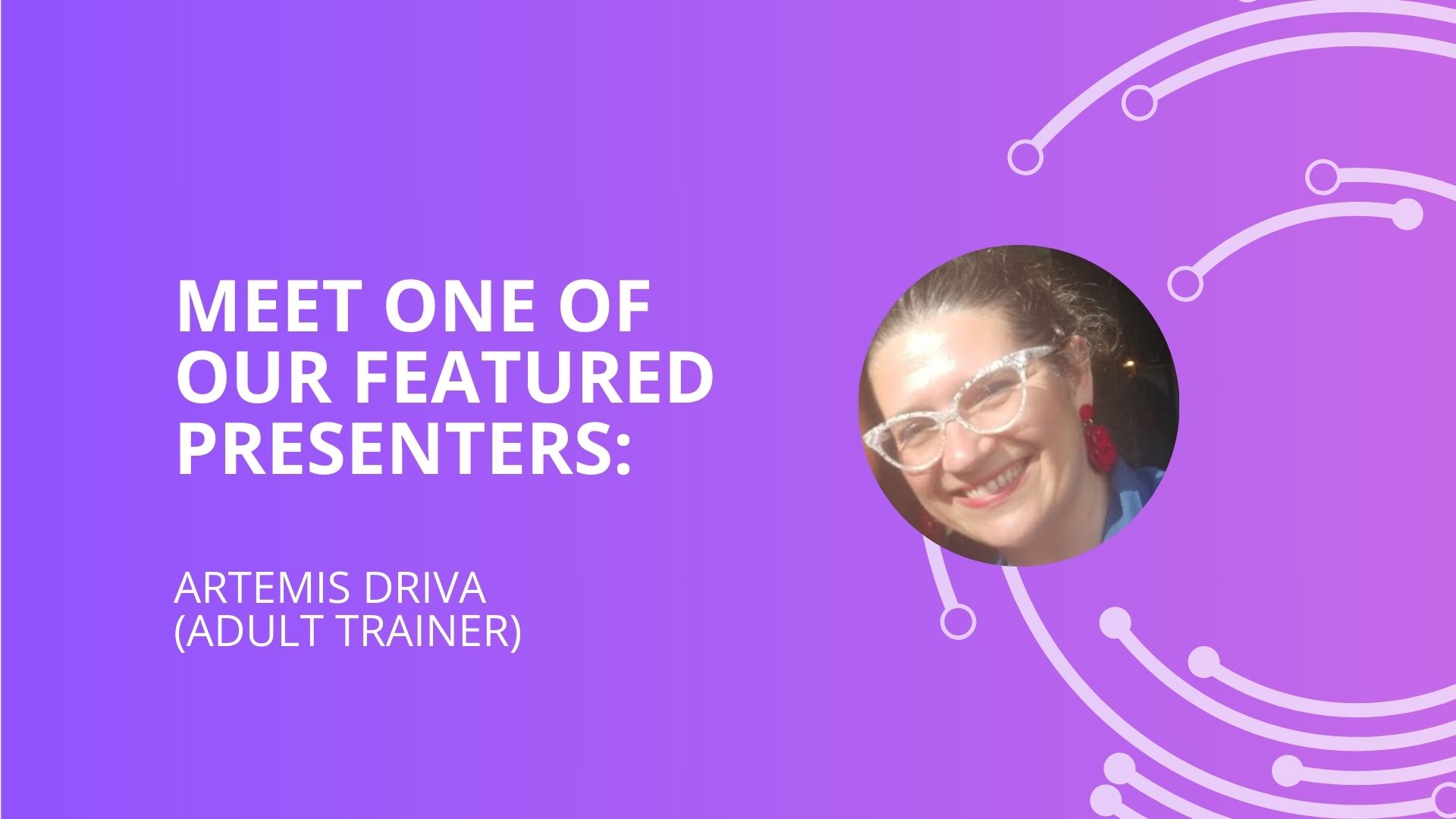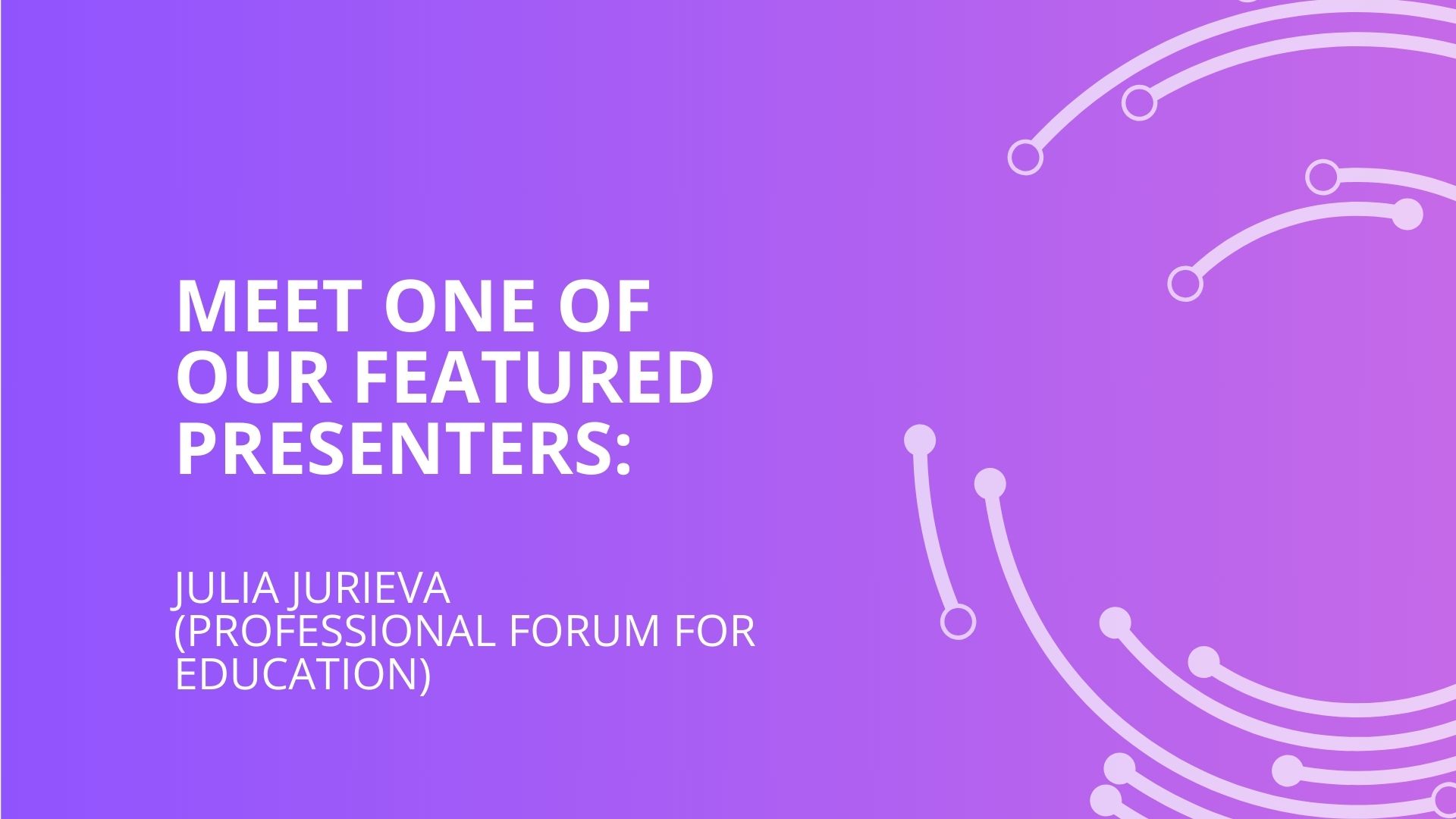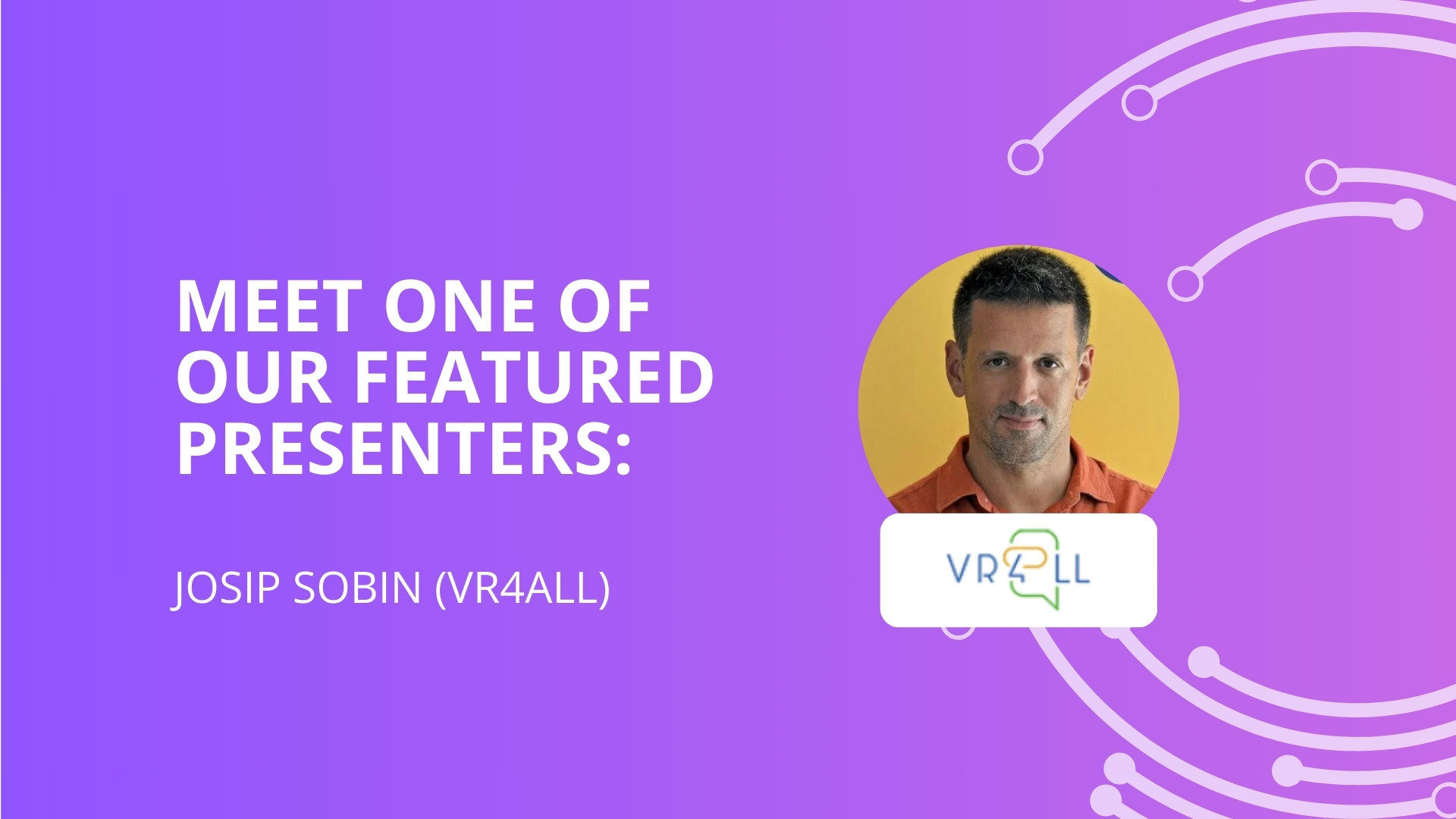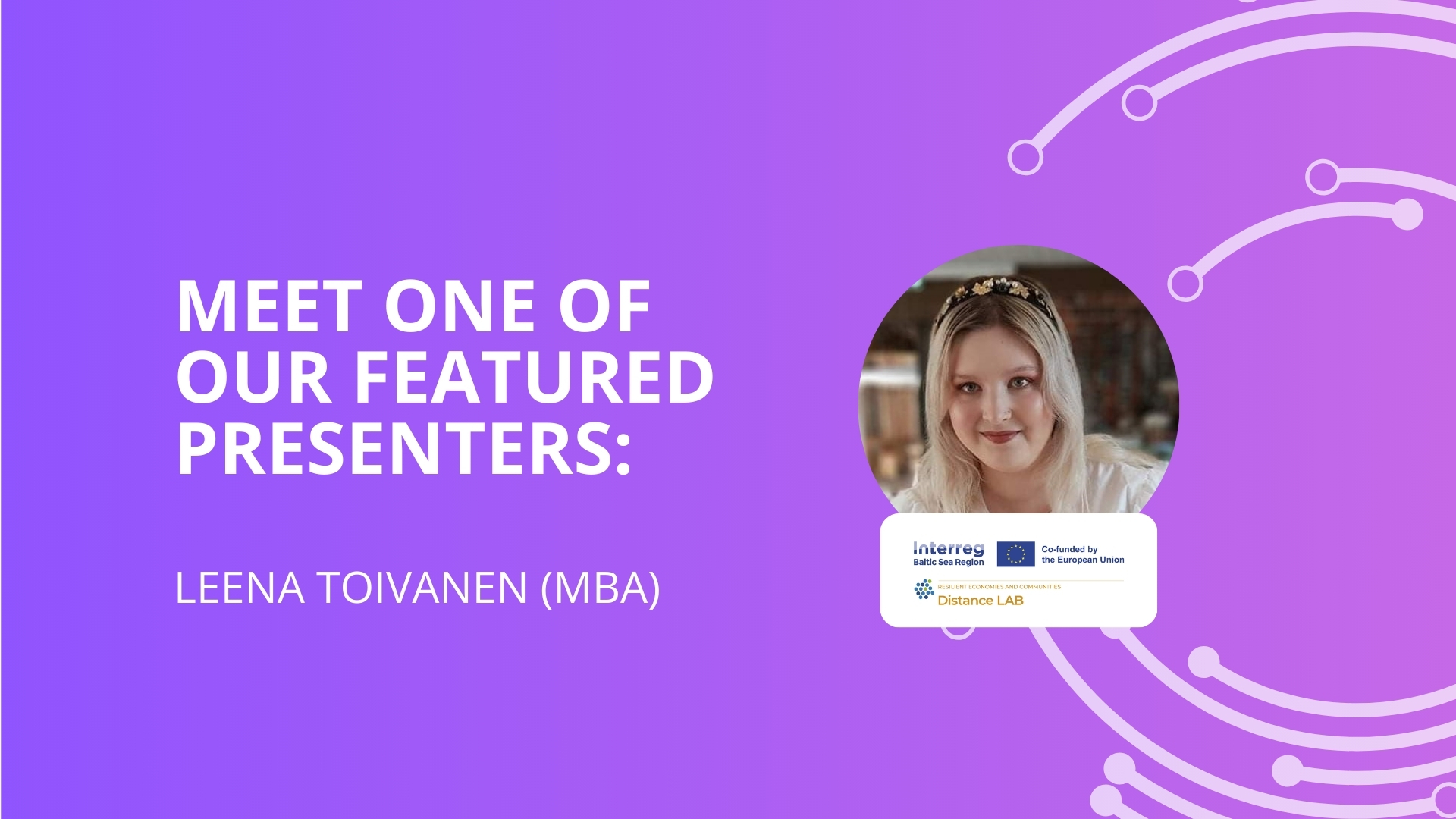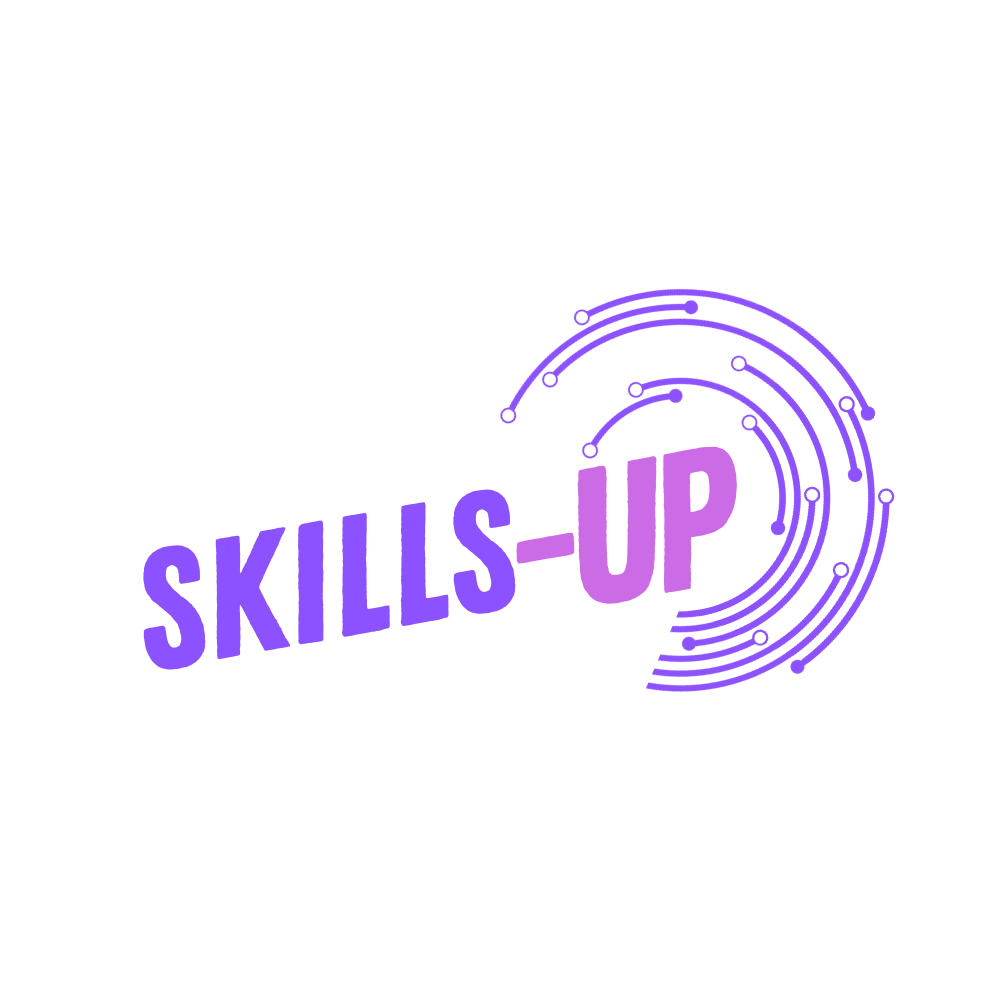hereas 31% of EU citizens aged 16–74 claim to have moderate or advanced digital skills, roughly four out ten lack even basic skills. These global numbers hide, however, large skills gaps between different member states and within member states by criteria such as age, gender, profession and place of residence. For more details, see, for example, European Centre for the Development of Vocational Training (2021). This well-studied digital divide has led most EU countries to develop strategical policies to improve the digital skills of their adult citizens with the aim of empowering them to fully participate as workers and citizens in a world characterised by ongoing societal and economic transformations. The focus of these policies is often on digital inclusion and intersecting inequalities.
At the same time, policies and responsibilities greatly vary across the Union, as shown by an analysis of national Recovery and Resilience Plans (RRP) published by the European Commission (quoted in Beblavý and Bačová 2022). In two countries – Bulgaria and Sweden, which are at opposite ends of the digital divide – adult digital skills do not feature at all in their respective RRPs, while those of others (Austria, Czechia, Denmark, Estonia, France, Germany, Ireland, Lithuania and Malta) prone no or very limited investments in adult digital skills. Moreover, the numerous initiatives in this field, which take very different forms (e.g. digital gateways, local networks of providers) and target different categories of persons, continue to be hampered by problems of accessibility. They tend of benefit more those learners who have already acquired a set of digital skills.
Finally, there has been no systematic investigation into, and evaluation of, the provision of digital skills in EU countries, especially with regard to its efficiency and cost-effectiveness, making it difficult to identify best practices.
By emphasising linguistic aspects in the acquisition of adult digital literacy, the SKILLS UP project is mainly aiming at learners of working age with basic technical digital skills but who are experiencing linguistic insecurity when using digital tools, platforms and networking services. Digital communication and content creation and reception obey specific and distinct rules and norms that constitute significant barriers of access for those not familiar with them. Language, including artificial languages such as programming languages, is thus central to citizens’ ability to navigate in digital spaces. By providing an online learning platform that can be used for self-study or in support of training courses, the project has been designed to dismantle these language barriers to enhance the employability of its target group.
